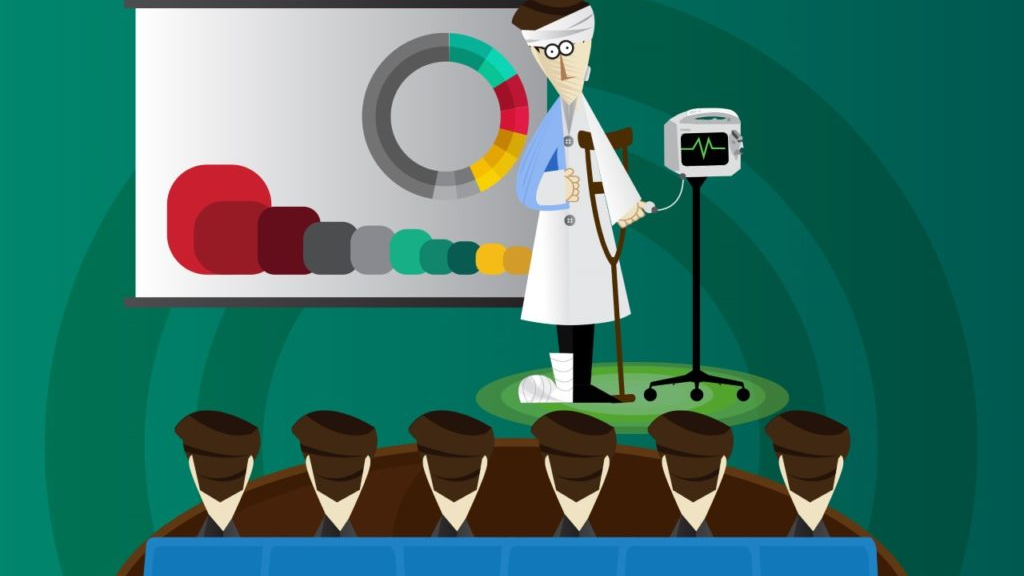Time for a quick pulse-check on the Biden presidency. You may recall his Tweet: “Science will always be at the forefront of my administration,” (@JoeBiden). So, we ask again at the The Big Idea: how has the Biden administration gone about implementing a return to science through appointments, funding and policy?
Uphill Battle
According to the article Has Biden followed the science? What researchers say by Jeff Tollefson et al. in Nature, “Biden has scored highly with researchers by elevating his science advisor, geneticist Eric Lander, to the White House’s inner circle — the cabinet — and by quickly moving to reverse many of the most stringent anti-science policies implemented by Trump.”
But this hasn’t slowed the vaccine hesitancy, misinformation and lack of trust in the U.S. government that, according to Susan Hyde, a political scientist at the University of California, Berkeley, would be an uphill battle for anybody. Hyde said in the same Nature article: “Biden is operating in a difficult political environment, with skepticism in government institutions at an all-time high. Simply appointing the right people to the right positions won’t solve the problem.”
Media Crisis
But appoint them, he will. The CDC, for example, has hired a media consultant to help CDC director Rochelle Walensky through her difficult job of breaking down problems such as how long to quarantine.
“A prime example of this is the CDC’s guidance last month that people who test positive for COVID-19 isolate for only five days — down from 10 — if they don’t have ongoing symptoms,” said Kenneth Bernard, an epidemiologist and a top biodefence adviser to former presidents Bill Clinton and George W. Bush. He told the authors at Nature that initially, the CDC’s suggested quarantine time was based on how long the virus was transmissible. “In the following days, Walensky clarified that the choice was based on what the agency felt people would ‘tolerate’, and on a need to keep the country running in the face of an unprecedented surge in COVID-19 infections.”
If she had been upfront about the five days being a short incubation period with trade-offs, would people have reacted better than having the confusion of the days being counted differently by different entities — say, daycares, jobs and schools?
The Environment
The Biden administration’s ambitious science agenda to address climate change has stalled because of political opposition in Congress, although Biden directly signed the U.S. back into the Paris Agreement. Biden promised to attempt to limit U.S. greenhouse-gas emissions to 50% of 2005 levels by 2030. Build Back Better, a $2 trillion investment in climate legislation is stalled in the U.S. Senate right now. Political quagmire is the reality — in some ways the administration’s hands are tied.
Re-Hiring
Many government organizations lost scientists to Trump-era politics, but Biden is helping to re-staff many of these. Michael Regan, in fact, cleaned house at the EPA of industry-friendly scientists who were allowing much more lenient environmental protections – a holdover from days of Trump-past. But there are still whistleblowers and scandal — politics never disappoints when it comes to charged issues like climate change.
The Big Idea
The big idea is that there will always be critics. Science watchdog organizations will be tracking how the Biden administration handles a range of other issues, including environmental justice, nuclear weapons and multifaceted questions about foreign interference in U.S. research, such as the China Initiative. While science seems to be at the forefront of the Biden presidency, it is clear that policy-making is much more difficult than making the right types of appointments.



